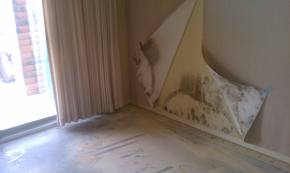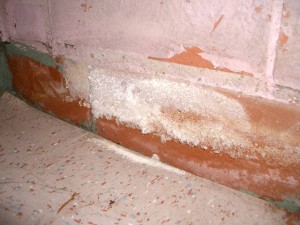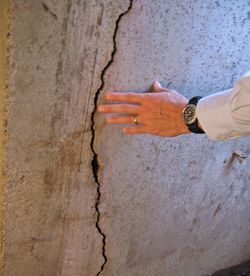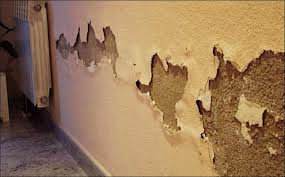
House inspections have become the norm for people buying a resale home and your real estate agent will likely recommend it. Older homes in particular need a close examination to make sure you don’t have extra costs down the line. You might even be able to negotiate a better price for your home if you know it’s going to take extra steps to ensure you don’t have future water problems in the basement. Most parts of Montreal have homes with basements at risk of water damage and one of the first things your home inspector will look for are signs that there has been unwanted water in the basement. Houses that sit below the water table, don’t have sump pumps or sewage backup valves, faulty drainage systems or foundation cracks can all be susceptible to water damage. Whether or not the basement is finished, there are telltale signs of water damage:

Use your nose! If there is a musty, damp smell in the basement it can be the result of hidden water and of greater concern, the growth of mold or mildew. Mold grows where a water leakage has not been properly handled. Not only has the water probably damaged the structure, it has left behind the conditions for health problems. Even if the affected areas have been bleached clean, mold is not eradicated. In addition, insurance companies won’t cover mold damage because it is determined to be negligence on the homeowner’s part. Your house inspector should know if you suspect mold is an issue so it can be thoroughly examined.

An unfinished basement’s walls can be examined to see if there are visible water marks or signs of mineral deposits called efflorescence. Water has brought salts and minerals to the surface and leaves behind a white, fluffy deposit on the wall. It’s not toxic or a health concern but it is evidence that the foundation has started to deteriorate. The ability to chart the height water has reached in the basement or crawl space and the presence of efflorescence will be obvious to your home inspector.

Cracks in the foundation can be seen both inside and outside of the house especially in spring. During the winter months or if the basement is finished it can be harder to examine the foundation. Your home inspector will look for unfinished areas of the basement such as a crawl space to verify if there are cracks.

Peeling paint or wallpaper, water stains or lifted floor tiles can be evidence of past water damage. The home inspector will also want to check all the seals around basement windows and window wells and the hot water tank to see if there are potential future problems with water leaks.

